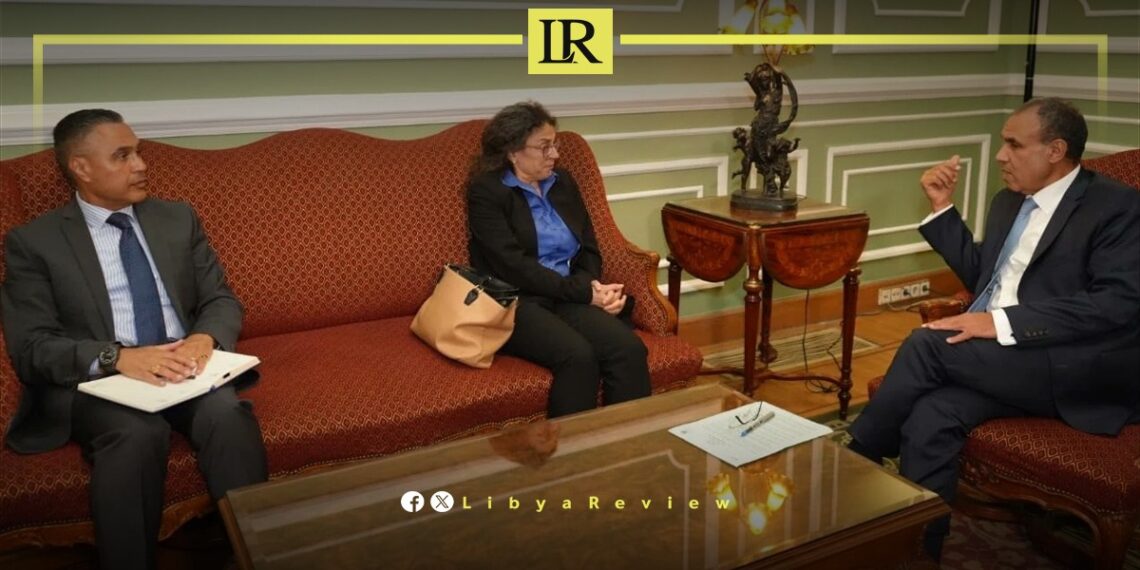Stephanie Khoury, Deputy Special Representative of the UN Secretary-General and Acting Head of the United Nations Support Mission in Libya (UNSMIL), held talks with Egyptian Foreign Minister Badr Abdel-Aty and other Egyptian officials involved in the Libyan file.
During the discussions, Khoury explored ways to revitalize the political process in Libya, aiming to end the current deadlock and set the country on the path to general elections.
She added that the talks reflected a consensus on the necessity of maintaining Libya’s unity and sovereignty, and the importance of coordinating international initiatives to support Libyans in overcoming the current crisis and achieving lasting peace and stability in the country.
Libya has been in chaos since a NATO-backed uprising toppled longtime leader Muammar Gaddafi in 2011. The county has for years been split between rival administrations.
Libya’s economy, heavily reliant on oil, has suffered due to the ongoing conflict. The instability has led to fluctuations in oil production and prices, impacting the global oil market and Libya’s economy.
The conflict has led to a significant humanitarian crisis in Libya, with thousands of people killed, and many more displaced. Migrants and refugees using Libya as a transit point to Europe have also faced dire conditions.
The planned elections for December 2021 were delayed due to disagreements over election laws and the eligibility of certain candidates. This delay has raised concerns about the feasibility of a peaceful political transition.
Despite the ceasefire, security remains a significant concern with sporadic fighting and the presence of mercenaries and foreign fighters. The unification of the military and the removal of foreign forces are crucial challenges.


